Are you curious about the lives of remarkable individuals? Here are the top person and artist museums in Rhineland-Palatinate:
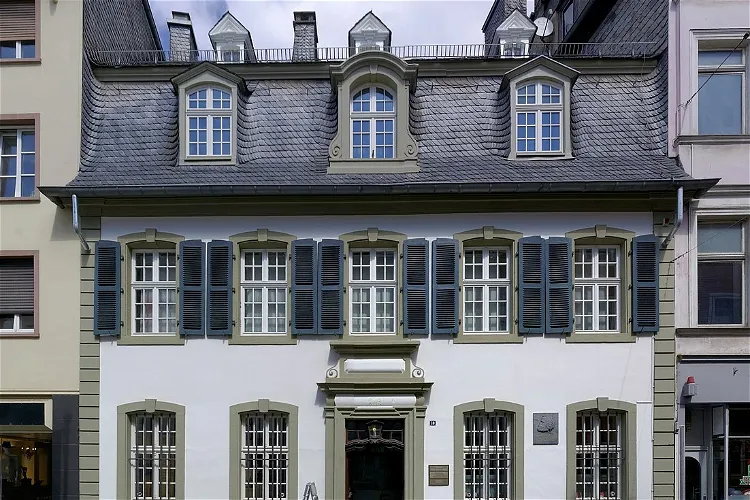
Karl Marx House
TrierThe Karl Marx House museum, located in Trier, Germany, is a biographical and writer's house museum. It is the birthplace of Karl Marx, the father of Marxism, who was born in the house in 1818. The museum is dedicated to the life and writings of Marx, as well as the history of communism.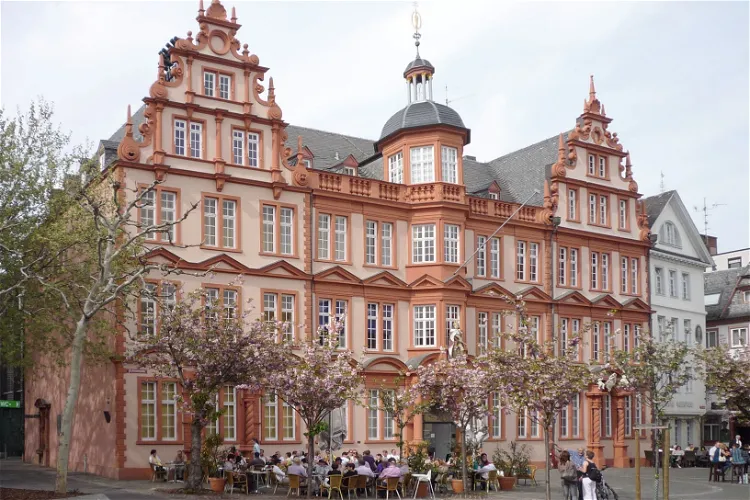
Gutenberg Museum
MainzThe Gutenberg Museum, located in the old part of Mainz, Germany, opposite the cathedral, is one of the oldest museums of printing in the world. It offers a unique opportunity to delve into the history of printing, showcasing the evolution of this art form over the centuries.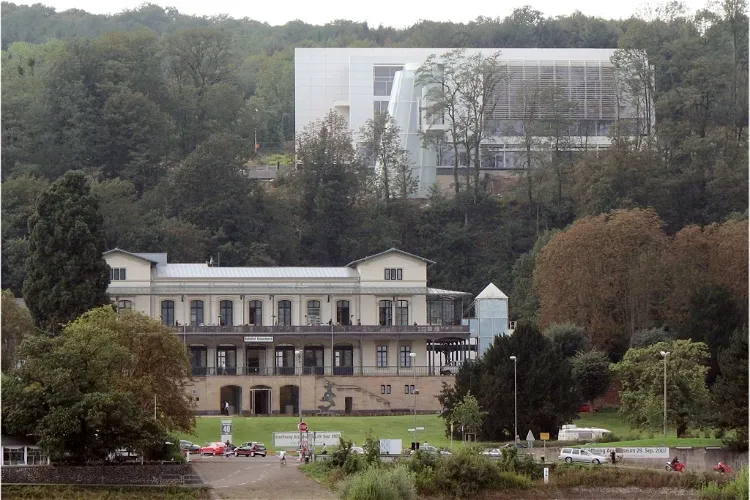
Arp Museum
RemagenThe Arp Museum Bahnhof, located in Remagen, Rhineland-Palatinate, is a contemporary art museum that opened its doors to the public on September 29, 2007. This museum is a significant cultural institution in the region, offering a unique blend of historical and modern architecture, as well as a diverse collection of contemporary art.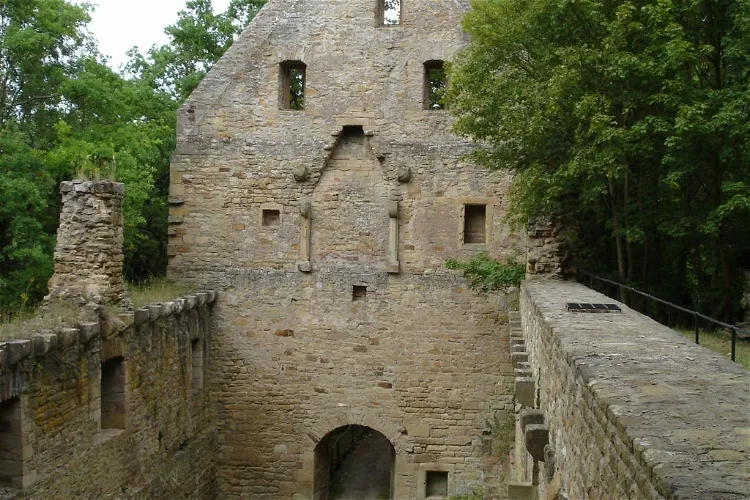
Disibodenberg
Odernheim am GlanDisibodenberg is a historical monastery ruin located near Staudernheim in Rhineland-Palatinate, Germany. The monastery was founded by Saint Disibod, a missionary from Ireland. The site is rich in history and offers a unique glimpse into the past. Visitors can explore the ruins and learn about the monastery's history and the life of Saint Disibod.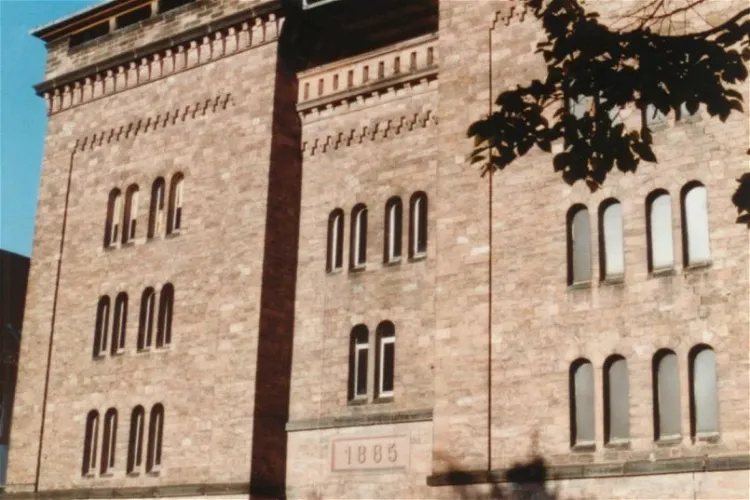
Mainzer Fastnachtsmuseum
MainzThe Mainzer Fastnachtsmuseum is a dedicated space that showcases the history of Mainzer Fastnacht, a traditional carnival in Mainz, dating back to 1837. The museum spans an area of approximately 350 square meters, providing ample space for visitors to explore and learn about the rich history of this local tradition.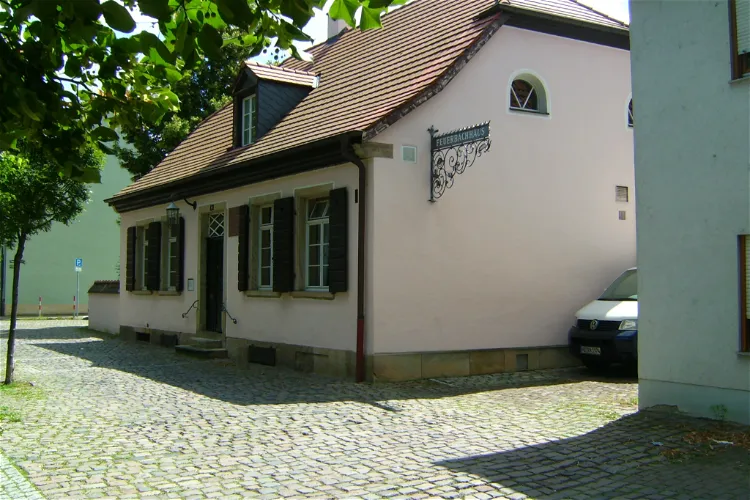
Feuerbachhaus
SpeyerThe Feuerbachhaus is a museum located at Allerheiligenstraße 9 in Speyer, dedicated to the Feuerbach family. This location is significant as it was the home of the archaeologist Joseph Anselm Feuerbach and his family for ten years. His son, the renowned painter Anselm Feuerbach, was born in this house.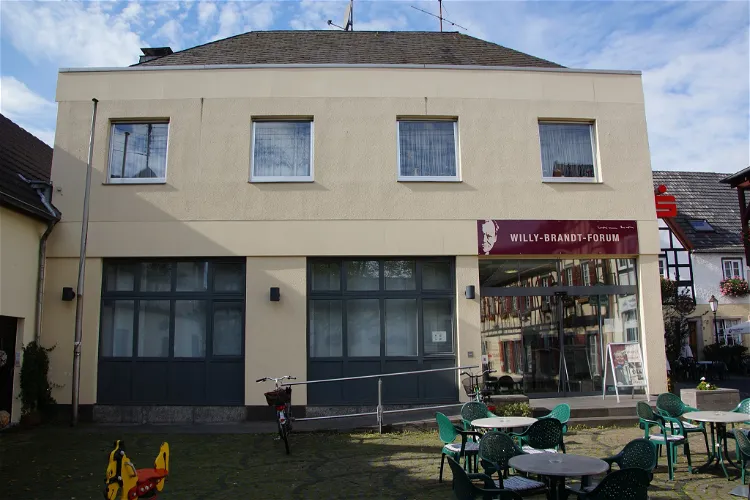
Willy-Brandt-Forum
UnkelThe Willy-Brandt-Forum in Unkel is a museum that pays tribute to the life and work of Willy Brandt, a former German SPD politician, Chancellor, and Nobel Peace Prize laureate. Brandt lived in Unkel from 1979 until his death in 1992. The museum provides a comprehensive overview of his political career and his personal life, making it a significant destination for those interested in German and European history.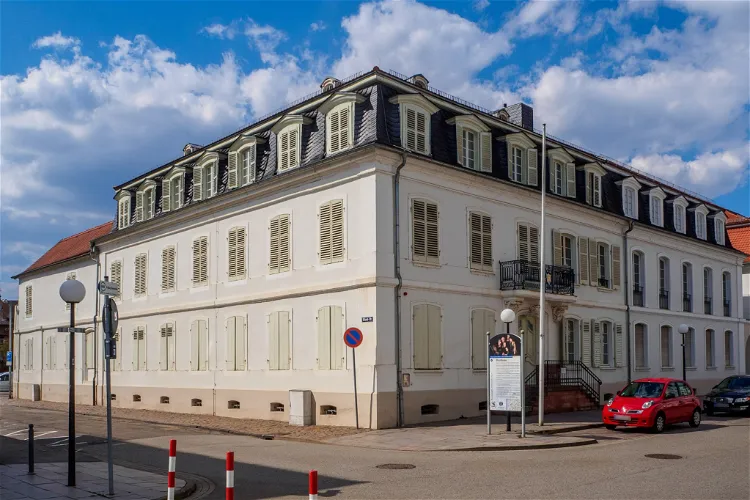
Zweibrücken City Museum
ZweibrückenThe Zweibrücken City Museum is a place where visitors can delve into the rich history of the city of Zweibrücken and the former Duchy of Palatinate-Zweibrücken. The museum's collections and exhibits provide a comprehensive overview of the city's past, from its early beginnings to the present day. It's an ideal destination for history enthusiasts and those interested in learning more about the region's cultural heritage.
Nibelungen Museum Worms
WormsThe Nibelungen Museum is a cultural institution located in the city of Worms, Germany. It is dedicated to the Nibelungen saga, a significant piece of Germanic literature. The museum provides an in-depth exploration of this epic tale, making it an interesting destination for those interested in literature, history, and Germanic culture.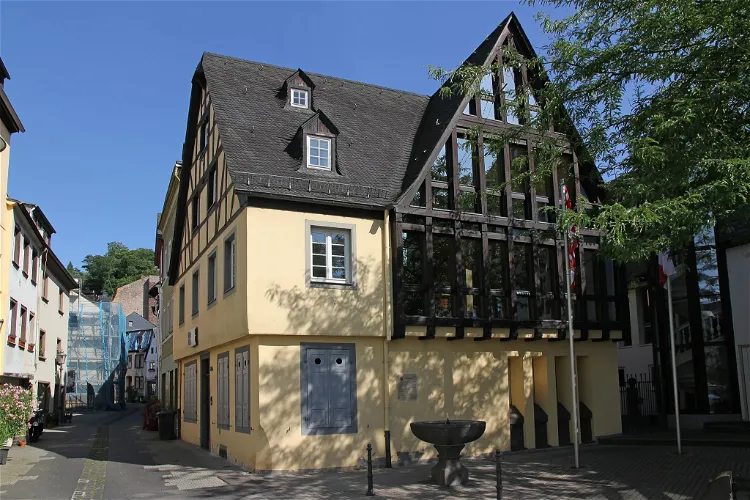
Mother of Beethoven House
KoblenzThe Mother Beethoven House in Koblenz is a significant historical site as it is the birthplace of Maria Magdalena Keverich, the mother of the renowned composer Ludwig van Beethoven. Since 1975, the house has been transformed into a museum, offering visitors a glimpse into the life and times of Beethoven's family.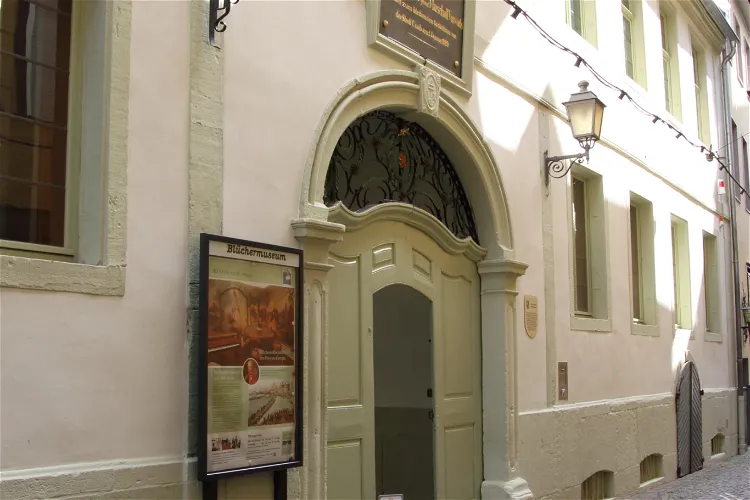
Blüchermuseum
KaubThe Blüchermuseum Kaub is a city-run museum located in Kaub on the Rhine. It is dedicated to the Prussian Field Marshal von Blücher, a significant figure who played a crucial role in the liberation wars against Napoleon. The museum serves as a tribute to his contributions and achievements during this historical period.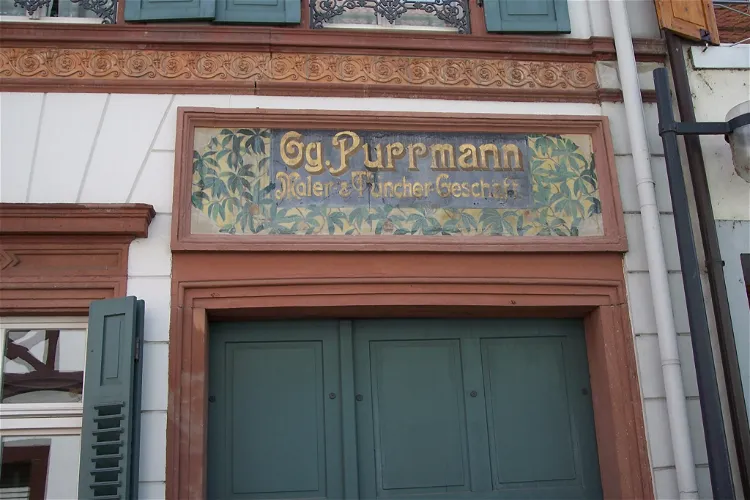
Purrmann house
SpeyerThe Purrmann House is a museum located in the old town of Speyer, dedicated to the renowned painter Hans Purrmann (1880–1966). This historic building is a significant part of the city's cultural heritage and offers a deep insight into the life and works of Hans Purrmann.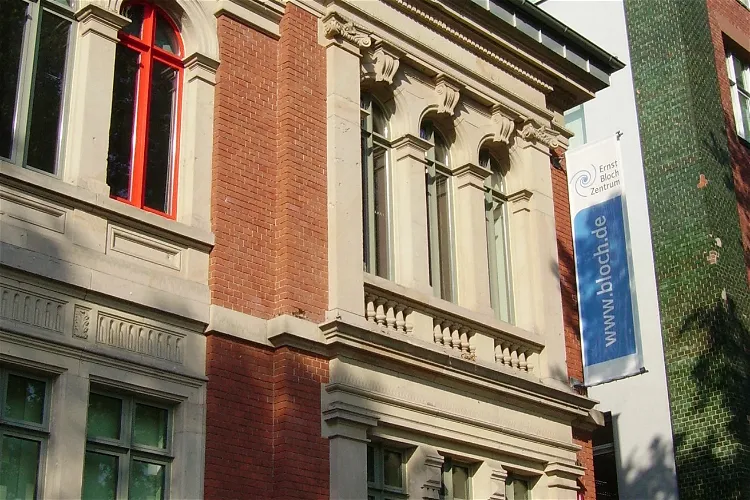
Ernst-Bloch-Zentrum
Ludwigshafen am RheinThe Ernst-Bloch-Zentrum was founded in November 2000 in Ludwigshafen am Rhein, the birthplace of the German philosopher Ernst Bloch. The center was established to commemorate Bloch's life and work, and to promote his philosophical ideas.
Jüdisches Museum Worms Raschihaus
WormsThe Raschi-Haus is a significant historic building located in the Jewish quarter of the city of Worms. It is situated in the southern part of the synagogue district, making it a central part of the Jewish Worms. This location has been an important part of the Jewish community in Worms for centuries, and its rich history is reflected in the architecture and exhibits of the building.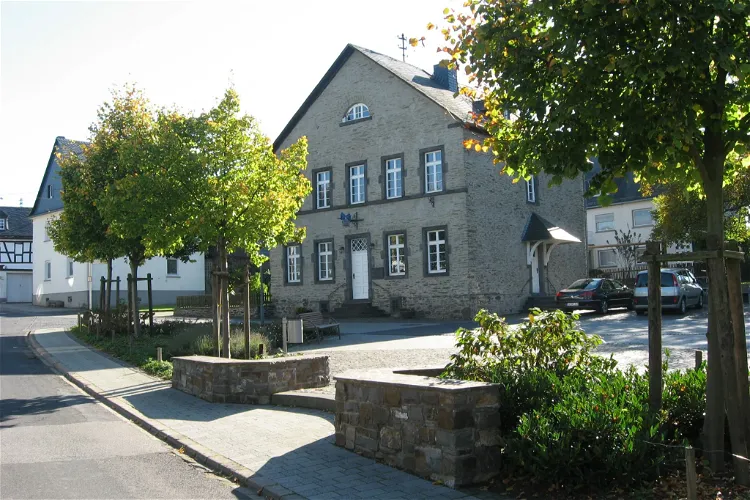
Familienstiftung Pies-Archiv
EveshausenThe Vorderhunsrück-Museum and Pies-Archiv offers permanent exhibitions that delve into various aspects of history. These include the history of medicine, regional history, and the history of the Pies family, with a particular focus on the Hunsrücker bone healers. These exhibitions provide a comprehensive understanding of the region's past and its medical practices.
Roentgen-Museum
NeuwiedThe Roentgen-Museum in Neuwied is a unique institution dedicated to the exploration of living culture. It is named after the renowned Neuwied furniture makers, Abraham Roentgen and David Roentgen, whose works are a significant part of the museum's collection. Visitors can expect to see a wide range of exhibits that reflect the craftsmanship and design sensibilities of these two influential figures.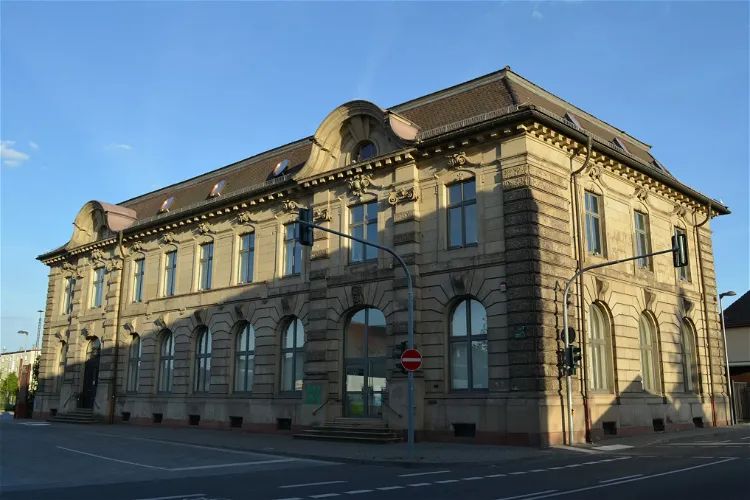
Städtisches Museum Landau
Landau in der PfalzSince 2009, the museum has been housed in the renovated Old Railway Post Office at the main train station. This location makes it easily accessible for tourists arriving by train. The building itself, a long, neo-baroque mansard hipped roof construction from 1897, is a sight to behold.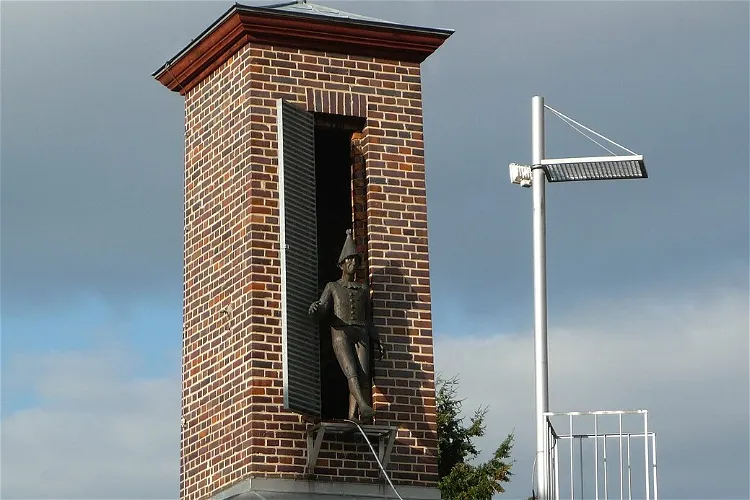
Bajasseum
Enkenbach-AlsenbornThe Bajasseum is a small circus museum situated in the heart of Alsenborn. It serves as a reminder of the town's rich history of performers and artists. The museum is named after the nickname of the Alsenborn residents, 'Bajass', which is derived from the Italian word 'Bajazzo' meaning 'jester'. The 'Bajass' is symbolized on the town hall fountain of the Enkenbach-Alsenborn municipality with a pointed clown hat and a balancing pole in hand.- 19
Hunsrückmuseum
Simmern/HunsrückThe Hunsrück Museum Simmern, located in the New Castle in Simmern, is the regional museum of the city. It houses a variety of collections that provide insights into the city and regional history. One of the highlights of the museum is its noteworthy fossil collection, which offers a unique glimpse into the region's geological past.